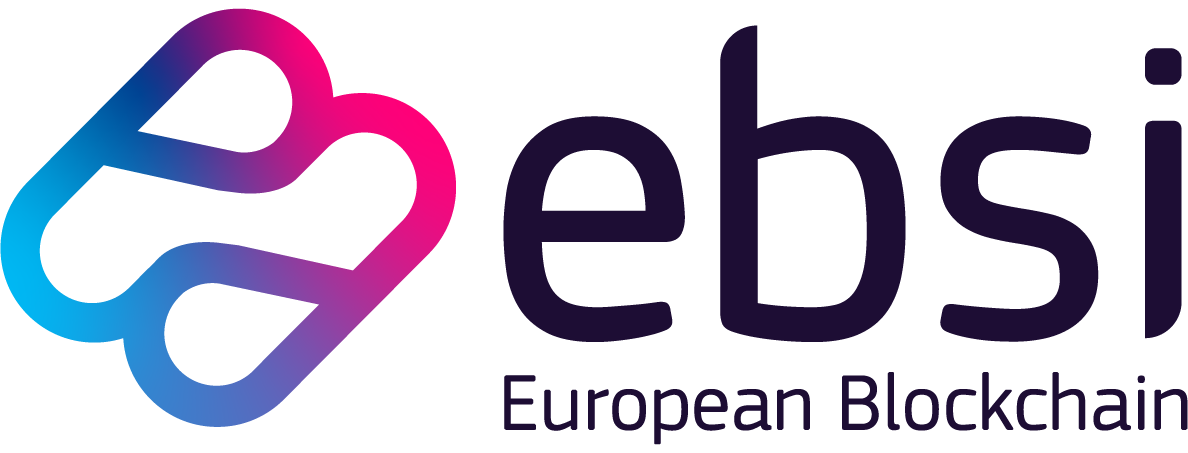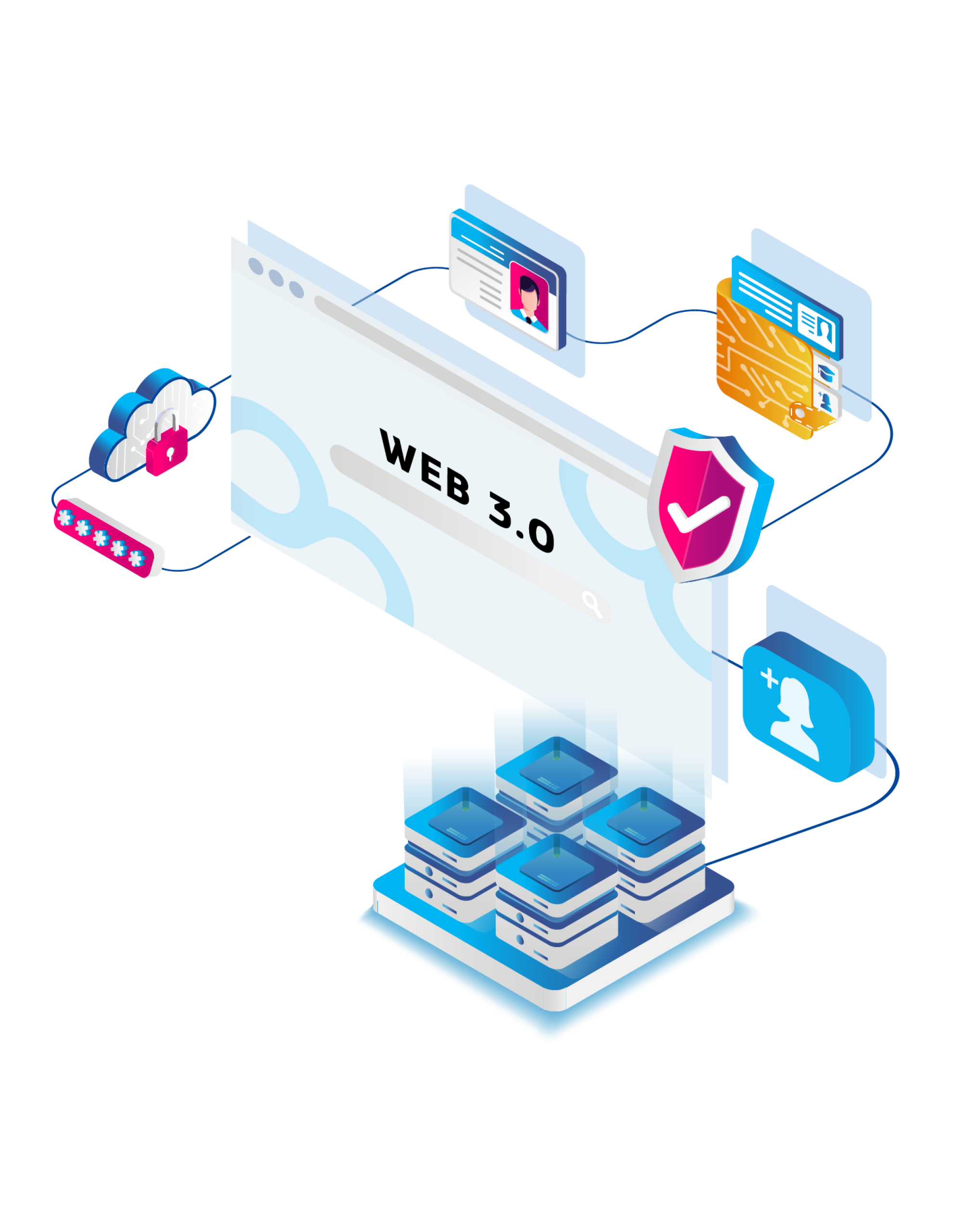EBSI projects
TRACE4EU Seafood Tracing
Helping the EU Fishing Industry to enhance product traceability, food safety, and combat illegal fishing.
The vision
Towards global traceability of Norwegian seafood products and addressing issues of transparency along the supply chain.
Together, the TRACE4EU Consortium is working with the Directorate of Fisheries, Fishers, Norges Råfisklag, Food Safety Authorities, Equipment Compliance Authorities, Customs, and Taxation Authorities to address the issues of insufficient data, lack of standardization, tracing the origin of king crabs, and detecting illegal fishing. This collaboration ensures that the authority and end customer can have complete confidence in having high-quality, sustainably sourced crabs
The challenge
Illegal fishing, black-market transactions and inaccurate data in the Norwegian seafood industry.
It has been reported that approximately 20% of fish caught globally fall under the Illegal, Unreported, and Unregulated (IUU) category, with total costs ranging from $10 billion to $23 billion every year. Illegal fishing has also been highlighted by the Norwegian Police Security Service (PST) in their 2022 annual report as a major societal problem undermining sustainable resource management.
Norway has launched the Automatic Identification System (AIS) to maintain a continuous overview of fishery vehicle traffic along the Norwegian coast and at sea. Although it can track vessels at large, it is still difficult to track individual products and ensure complete traceability for the authority and end customer.
The opportunity
Blockchain technology has the potential to revolutionize supply chain management and ensure traceability.
Blockchain technology allows for the tracing of each product and enhances supply chain transparency, presenting a unique opportunity to revolutionize the traceability of seafood, combat the threat of illegal fishing, and ensure food safety. With this opportunity in mind, the project focuses on creating a blockchain-based infrastructure through the use of three main technologies:
- Verifiable Credentials (VCs): to register, present, and formalize claims held by actors on the platform.
- QR Codes: To identify each individual king crab.
- Blockchain Ledger: Using the time-stamping API to create an audit trail and provenance of products.
The project
Building the foundation of traceable seafood supply-chain infrastructure.
The Europen Blockchain Services Infrastructure (EBSI) allows the Seafood Tracing project to design, build, and operate the next generation of seafood supply-chain services for the benefit of EU economies. The Seafood Tracing project aligns with the EU's digital policy and circular economy goals, aiming to develop traceability system capabilities by 2028 using the Digital Product Passport (DPP). Within this context, EBSI is used as the trust model to issue and verify verifiable credentials, issue QR codes to each individual product, and register on the ledger supply chain events.
EBSI allows this project to operate the next generation of decentralized tracing services with the objective of building an infrastructure designed to:
- Allow authorities to verify the catch certificate of seafood in the market.
- Allow the exchange of information between fisheries, law enforcement authorities, and other stakeholders.
- A peer-to-peer API model with blockchain time-stamping and notarization service, creating an audit trail detailing the history and provenance of shipments, storage, and trading.
The scenario
Discover the scenarios.
Registration and Identification of King Crabs.
The project plan
Current implementation stage and plan.

Next steps
EBSI-Seafood Tracing Initiative: A Strategic Shift for Sustainable Supply Chain Management.
Achieving the cross-border seafood supply chain management framework demands a strategic and operational shift, mobilizing a vast ecosystem involving fishers, authorities, consumers, and EU economies at large. To do this, calls for interest to pilot in the live environment will remain open until the end of May 2024, after which the EBSI-Seafood Tracing project is planning to go live with a Minimum Viable Product (MVP) in April 2024. The creation of a digital infrastructure for tracing seafood necessitates common guidelines, including a new track and trace system and provenance knowledge system to combat the growing illicit fishing in the EU and beyond. Post-2025 will see continuous development and upgrade plans.
Help us shape the future of traceability in Europe.
Discover our success stories
Interested in discovering more about our success stories?




